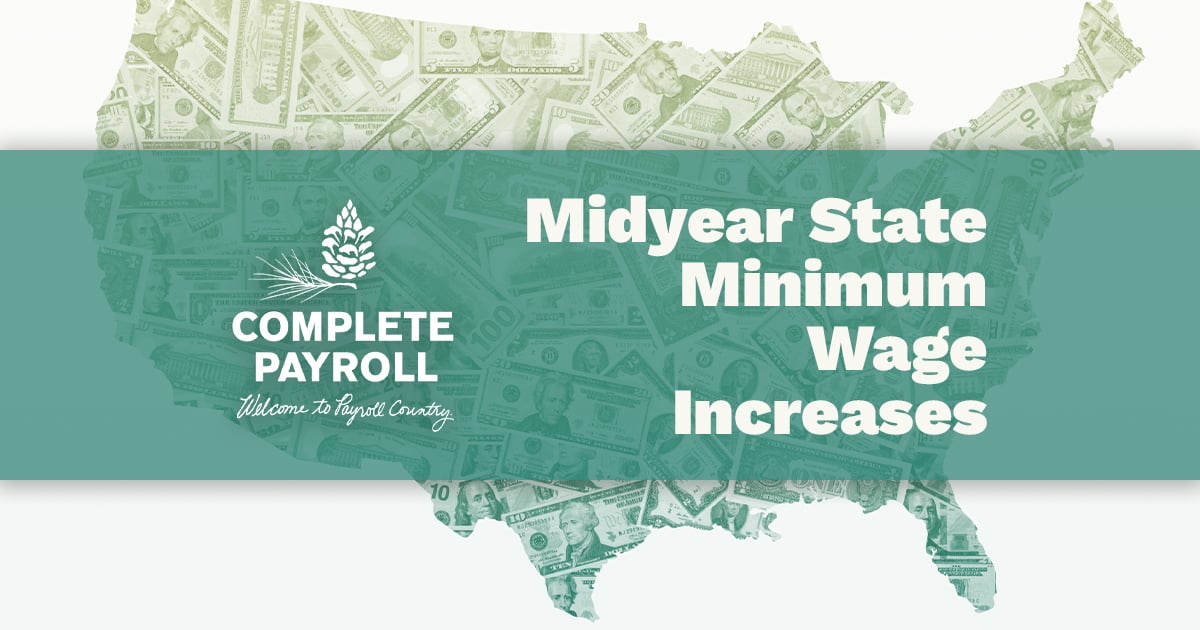Federal Labor Law Library
A compilation of the major federal laws that impact employers and their employees. Click into any law to read a complete overview and contact us if you have any questions.

Equal Opportunity Employment Law
An employer may not discriminate based on an employee's inclusion in one of these protected classes.

Retaliation Law
Protects employees from retaliation for filing a complaint of discrimination against an employer.

Harassment Law
Harassment is a form of employment discrimination that violates Title VII of the Civil Rights Act of 1964, the ADEA, and ADA.

White-Collar Overtime Exemptions
To be exempt under a White Collar Exemption an employee must generally pass three tests.

Professional Exemption
In order to be properly qualified as exempt, a professional employee must pass three tests.

Outside Sales Exemption
Outside sales employees are not subject to the minimum salary requirements or salary basis test.

Miscellaneous Exemptions
The FSLA lists some positions and industries that are exempt from overtime requirements.

Ministerial Exemption
Some church employees, particularly clergy and pastors, may qualify for the ministerial exemption.

Minimum Wage
Employees must be paid at least the federal minimum wage unless neither the organization nor the employee is covered by the FLSA.

Lactation Accommodations
Under the FSLA employers are required to provide reasonable break time for new mothers.

Highly Compensated Employee Exemption
This applies to employees who perform a number of executive, admin, or professional duties.

Executive Exemption
In order to properly qualify for this federal exemption an executive employee must pass three tests.

Computer Employee Exemption
This exemption does not include employees engaged in the manufacture or repair of computer hardware and related equipment.

Commissioned Sales Employee Exemption
Commissioned employees in retail and sales establishments may be exempt from the overtime requirements of the FLSA if certain conditions are met.

Administrative Exemption
To be classified as exempt an administrative employee must pass three tests. If in doubt, it's safest to classify an employee as non-exempt and pay over time.

Biometric Timekeeping
In timekeeping, biometrics refers to the measurement of people’s physical characteristics and the use of that to track when they come and go from work.

Child Labor Laws
The FLSA does not require work permits or age certificates for minors. Many states, however, do require them for workers of certain ages.

Required Posters
The Department of Labor has created an interactive tool to help businesses determine what posters they are required to display. Access the tool here.

Affirmative Action
An AAP includes the policies and practices that the employer will follow in order to ensure that all qualified applicants are receiving fair consideration and treatment, regardless of their inclusion in any class protected by the law.

Drug Testing
Many federal contractors, all federal grantees, and certain industries involved with public safety, national security, or nuclear power plants must establish and maintain a drug-free workplace policy.

















